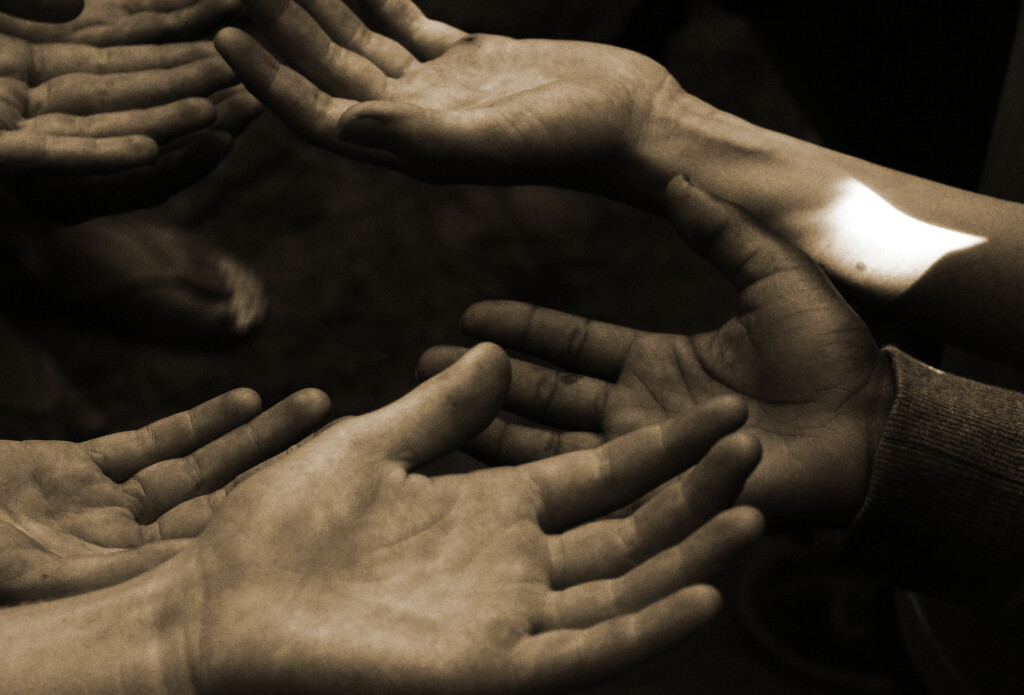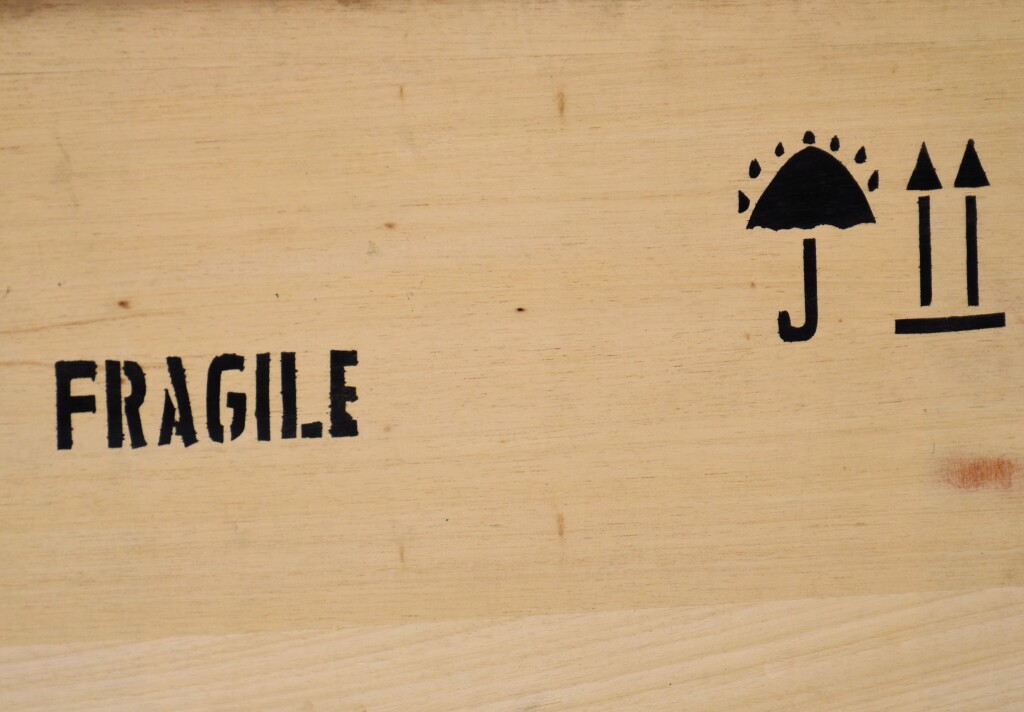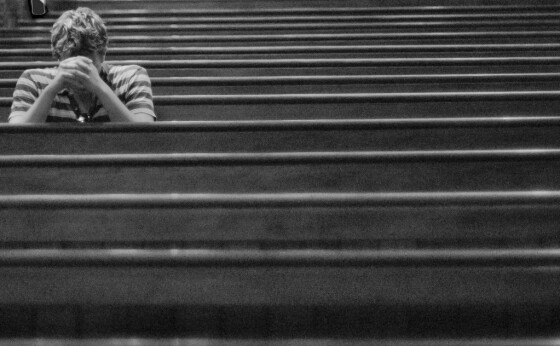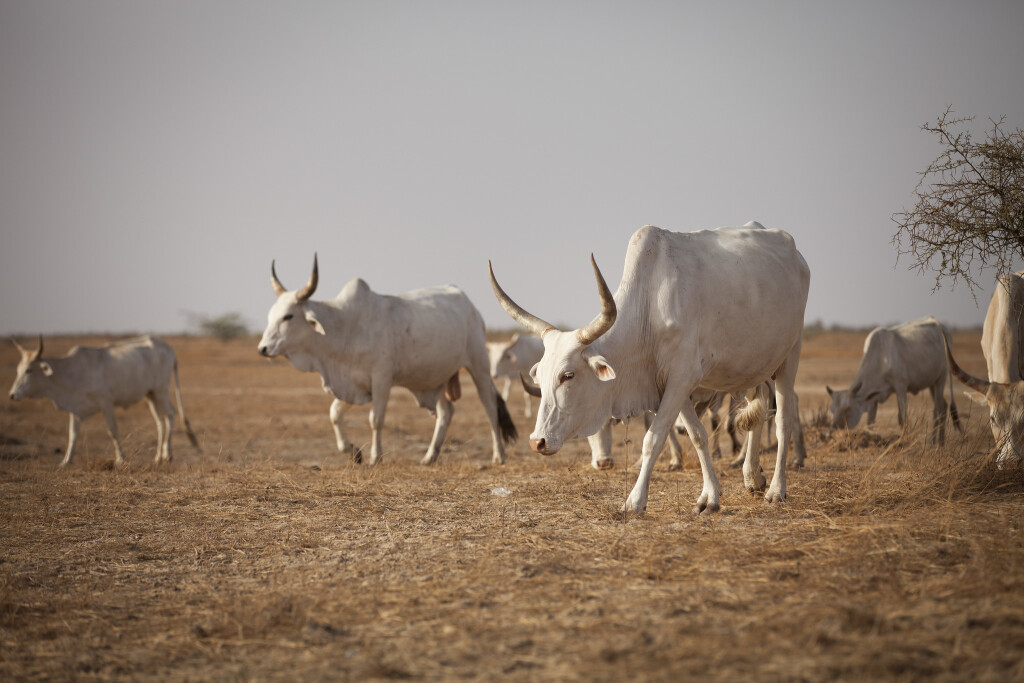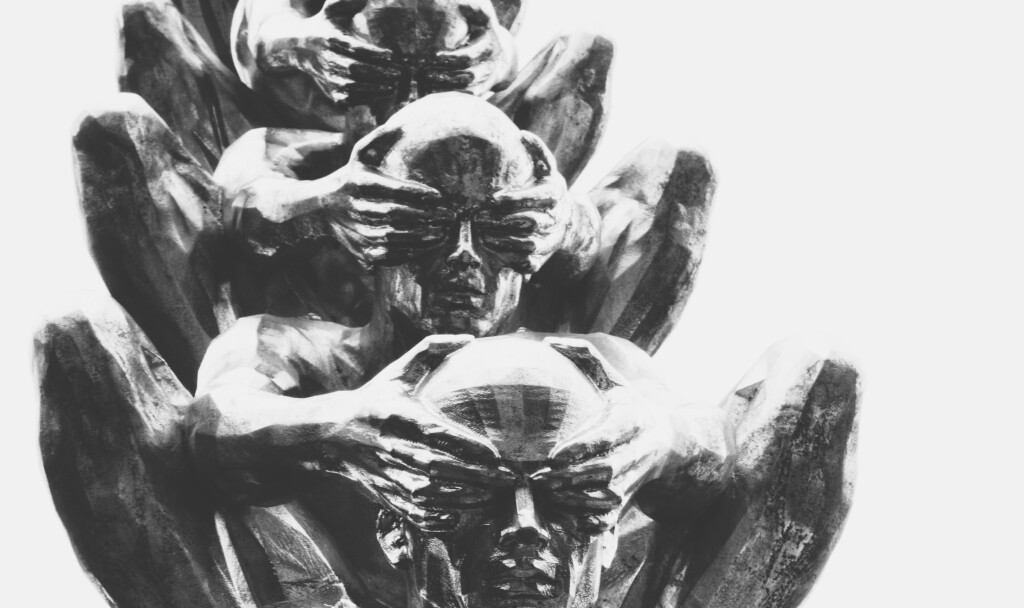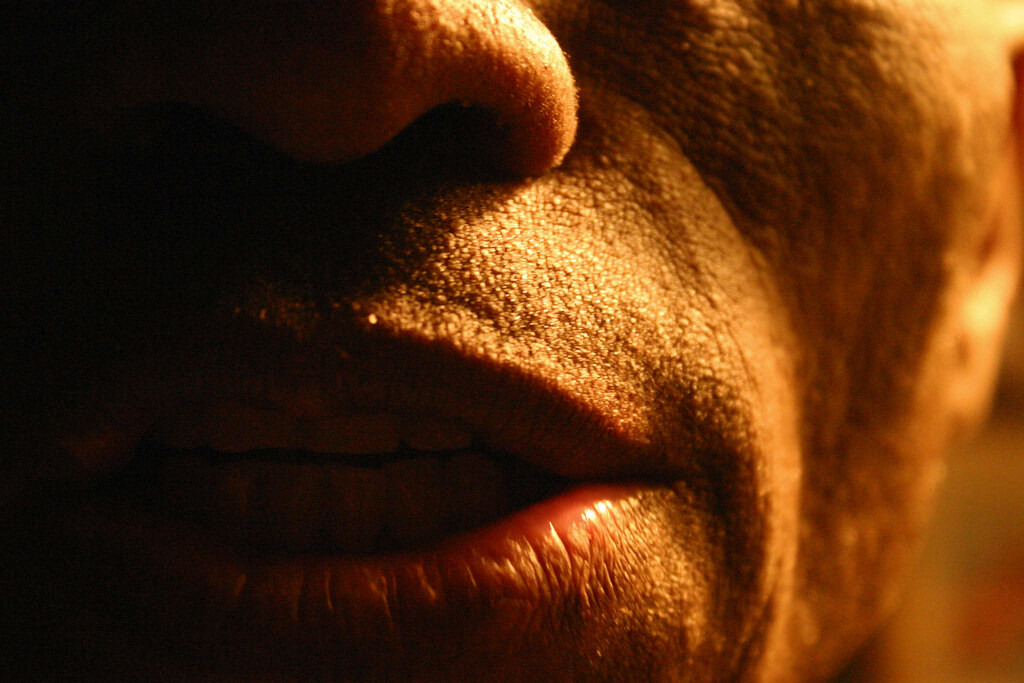Parashat Shoftim
Deuteronomy 16:18-21:9
Our Torah portion opens with the demand to establish a justice judicial system. The judges must be scrupulously honest. Repeating the prohibition found in the book of Exodus (23:8), Moses prohibits taking a bribe – shohad. (Deut. 16:19) Unlike many other laws in the Torah which must be obeyed simply because they are Divine commandments, this prohibition is a law that carries with it a rationale, an explanation. It is not enough for us to recognize that bribery is dishonest and can pervert justice. The Torah adds that bribery corrupts even the righteous. Rashi quotes the Rabbinic observation that taking a bribe is prohibited “even to administer true justice.”
Continue reading


